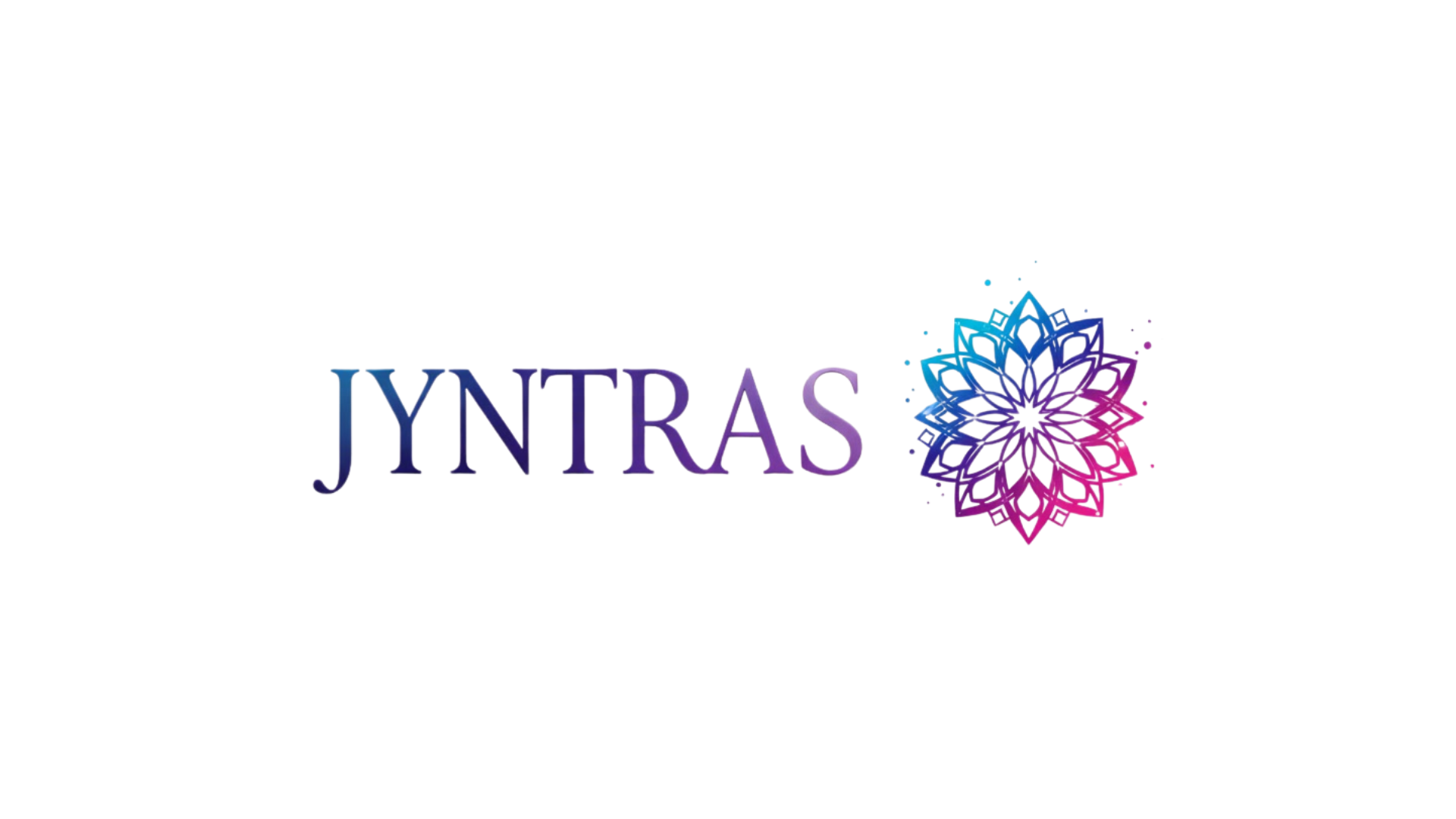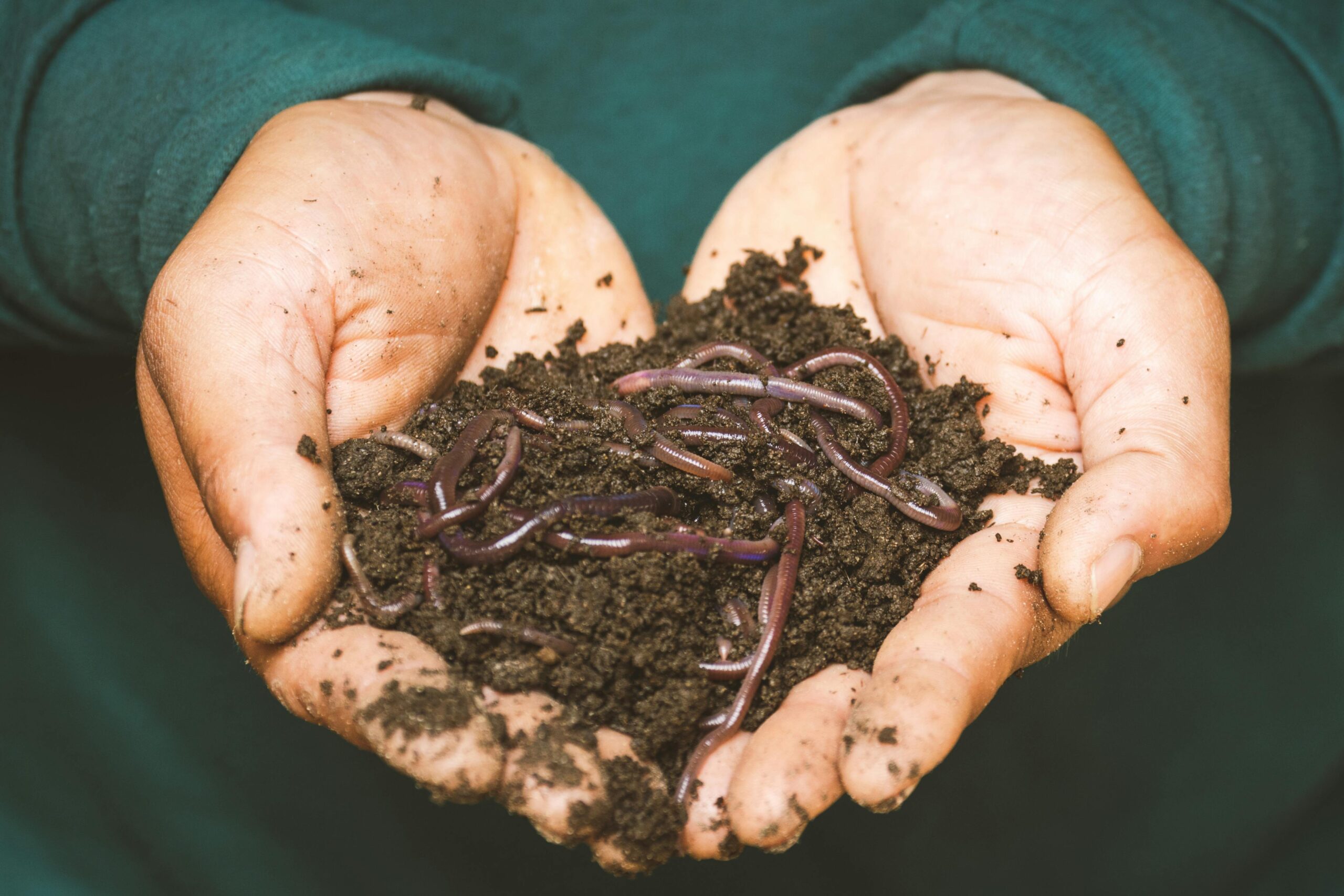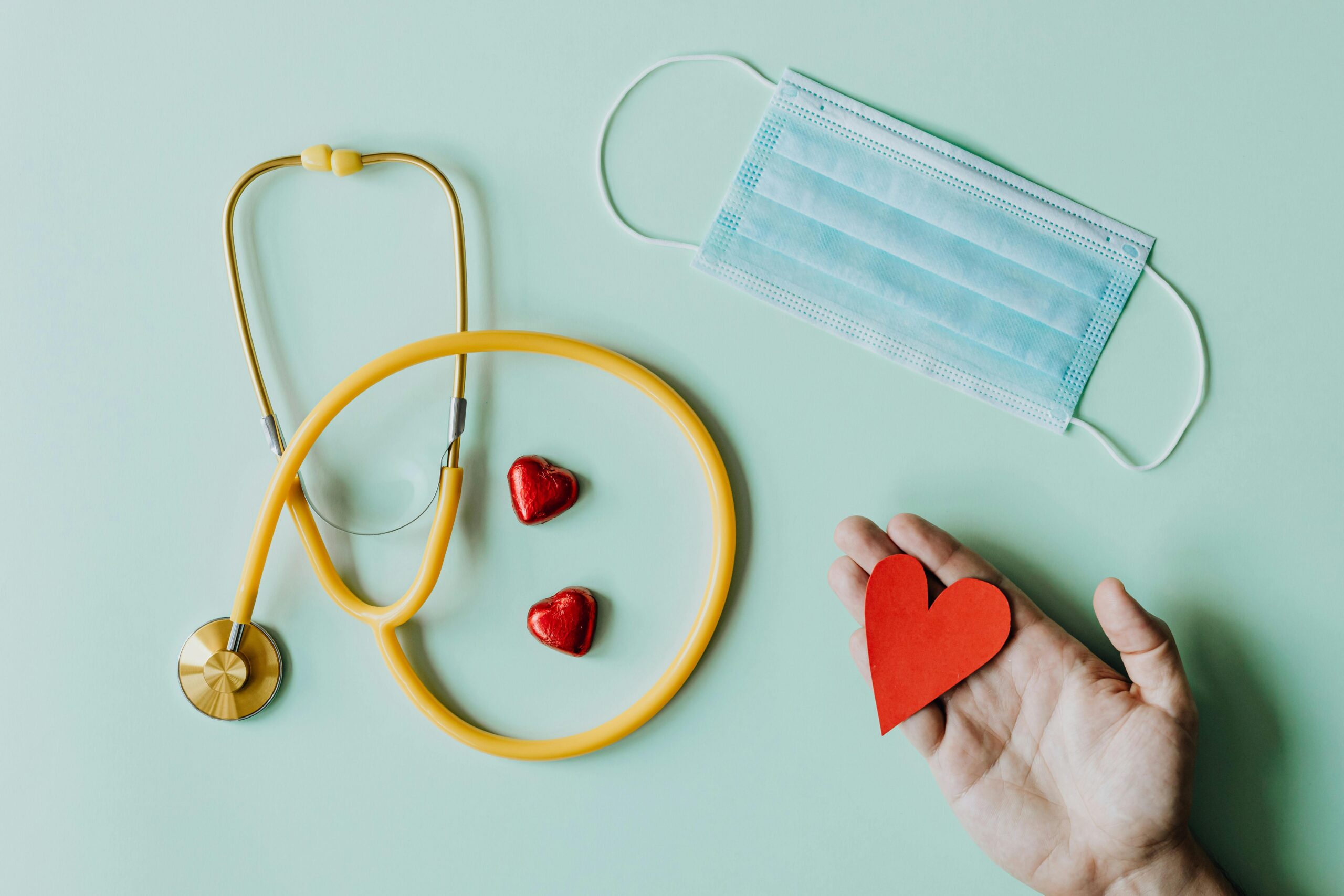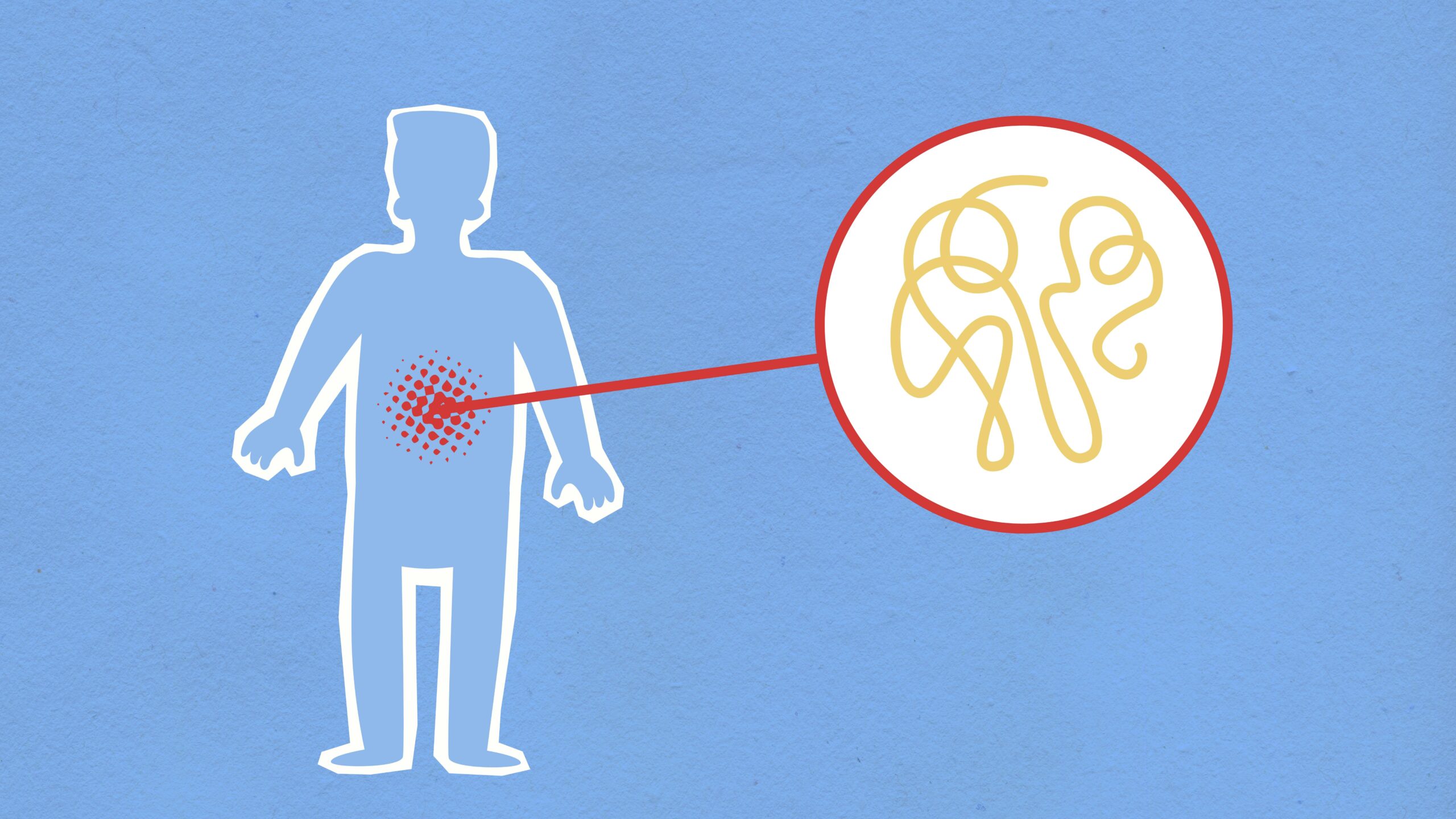The invisible world inside your digestive system holds remarkable power over your thoughts, emotions, and mental health in ways science is only beginning to understand.
🧠 The Microscopic Universe Within You
Your gut houses trillions of microorganisms—bacteria, fungi, viruses, and other microbes—collectively known as the gut microbiome. This complex ecosystem weighs approximately three pounds and contains more bacterial cells than your body has human cells. These microscopic residents don’t just help digest food; they actively communicate with your brain through multiple pathways, influencing everything from your mood to your stress response.
The concept of the gut-brain connection isn’t new. For centuries, people have recognized that emotions affect digestion—think of “butterflies in your stomach” or feeling nauseous when anxious. However, modern research has revealed that this relationship works both ways. Your gut microbiome sends signals that profoundly impact your emotional state, cognitive function, and mental health.
The Biological Highways Connecting Gut and Brain
The gut and brain communicate through several sophisticated mechanisms, creating what scientists call the gut-brain axis. Understanding these pathways helps explain why changes in your microbiome can dramatically affect your emotional well-being.
The Vagus Nerve: Your Body’s Information Superhighway
The vagus nerve serves as the primary physical connection between your gut and brain. This cranial nerve extends from your brainstem to your abdomen, carrying signals in both directions. Research shows that approximately 90% of these signals travel from the gut to the brain, not the other way around. Your gut bacteria can stimulate vagus nerve endings, sending messages that influence mood, anxiety levels, and stress responses.
Studies on animals with severed vagus nerves demonstrate that many beneficial effects of probiotics on behavior and mood disappear without this connection, confirming its critical role in the gut-brain relationship.
Neurotransmitter Production in Your Digestive System
Remarkably, your gut produces many of the same neurotransmitters your brain uses to regulate mood. In fact, approximately 95% of your body’s serotonin—the “feel-good” neurotransmitter—is manufactured in your gastrointestinal tract. Your gut bacteria actively participate in producing and regulating these chemical messengers.
The microbiome influences production of several key neurotransmitters:
- Serotonin: Regulates mood, sleep, appetite, and pain perception
- GABA (gamma-aminobutyric acid): Reduces anxiety and promotes calmness
- Dopamine: Affects motivation, reward, and pleasure responses
- Norepinephrine: Influences attention, alertness, and stress reactions
When your microbiome is balanced, neurotransmitter production typically functions optimally. However, microbial imbalances—called dysbiosis—can disrupt this delicate system, potentially contributing to mood disorders, anxiety, and depression.
The Immune System as Messenger
Your gut houses approximately 70% of your immune system. The microbiome trains immune cells, teaching them to distinguish between helpful and harmful substances. When gut bacteria are imbalanced, immune responses can become dysregulated, leading to increased inflammation throughout the body—including the brain.
Chronic inflammation has been linked to depression, anxiety, and cognitive decline. Certain gut bacteria produce anti-inflammatory compounds, while others may trigger inflammatory responses. This immune-mediated communication represents another crucial pathway through which your microbiome affects your emotional state.
🔬 Scientific Evidence Linking Microbiome to Mental Health
The past decade has produced compelling research demonstrating the microbiome’s influence on emotional well-being. These studies span from controlled laboratory experiments to large-scale population studies, painting a consistent picture of the gut-brain connection.
Depression and the Microbiome Signature
Multiple studies have identified distinct microbial patterns in people with depression compared to those without. Research published in leading journals has shown that individuals with major depressive disorder often have reduced microbial diversity and lower levels of beneficial bacteria like Faecalibacterium and Coprococcus.
One groundbreaking study found that transplanting gut bacteria from depressed humans into germ-free mice caused the animals to exhibit depression-like behaviors, including reduced motivation and increased anxiety responses. This dramatic demonstration suggests that the microbiome itself can transfer mood-related characteristics.
Anxiety and Microbial Imbalances
Anxiety disorders have also been linked to specific microbiome compositions. People with anxiety often show alterations in bacterial species that produce or regulate neurotransmitters like GABA. Some research indicates that certain probiotic strains—particularly Lactobacillus and Bifidobacterium species—may reduce anxiety symptoms when consumed regularly.
Animal studies consistently show that microbiome manipulation affects anxiety-like behaviors. Mice raised in sterile environments without any gut bacteria display abnormal anxiety responses and altered stress hormone production compared to mice with normal microbiomes.
Stress Response and Microbial Resilience
Your microbiome significantly influences how your body responds to stress. The hypothalamic-pituitary-adrenal (HPA) axis—your body’s central stress response system—is partially regulated by gut bacteria. A healthy, diverse microbiome helps maintain appropriate cortisol levels and stress resilience.
Chronic stress can damage the gut barrier, allowing bacterial components to enter the bloodstream and trigger inflammation. This creates a vicious cycle where stress disrupts the microbiome, and the disrupted microbiome makes you more vulnerable to stress’s negative effects.
🍎 Feeding Your Microbiome for Better Mental Health
The exciting news about the gut-brain connection is that your microbiome is remarkably responsive to dietary changes. What you eat directly influences which bacteria thrive in your gut, giving you practical tools to support your emotional well-being.
Prebiotics: Fertilizer for Beneficial Bacteria
Prebiotics are types of fiber that your human cells cannot digest but that feed beneficial gut bacteria. When these bacteria ferment prebiotic fibers, they produce short-chain fatty acids (SCFAs) like butyrate, which have anti-inflammatory properties and support brain health.
Excellent prebiotic sources include:
- Garlic, onions, and leeks
- Asparagus and artichokes
- Bananas, especially slightly green ones
- Oats and barley
- Apples and berries
- Chicory root and dandelion greens
Studies show that consuming adequate prebiotics increases beneficial bacteria populations and may improve mood and reduce anxiety symptoms within weeks.
Probiotics: Introducing Beneficial Microbes
Probiotics are live beneficial bacteria consumed through fermented foods or supplements. Certain strains have demonstrated “psychobiotic” effects—meaning they positively influence mental health when consumed in adequate amounts.
Research-supported psychobiotic strains include Lactobacillus helveticus, Bifidobacterium longum, and Lactobacillus rhamnosus. These specific bacteria have shown promise in clinical trials for reducing anxiety, improving mood, and lowering stress responses.
Fermented foods naturally rich in probiotics include:
- Yogurt with live active cultures
- Kefir (fermented milk drink)
- Sauerkraut and kimchi
- Kombucha (fermented tea)
- Miso and tempeh
- Traditional pickled vegetables
The Mediterranean Diet Advantage
The Mediterranean diet consistently ranks among the best eating patterns for both gut health and mental well-being. This approach emphasizes vegetables, fruits, whole grains, legumes, nuts, olive oil, and fish while limiting processed foods, red meat, and added sugars.
Research demonstrates that people following Mediterranean dietary patterns have more diverse gut microbiomes and lower rates of depression. The diet’s combination of fiber, polyphenols, omega-3 fatty acids, and anti-inflammatory compounds creates an ideal environment for beneficial gut bacteria.
⚠️ Factors That Damage the Gut-Brain Connection
While certain practices support a healthy microbiome, others can disrupt this delicate ecosystem and potentially harm your emotional well-being.
Antibiotic Use and Microbial Disruption
Antibiotics save lives by eliminating harmful bacteria, but they also damage beneficial gut bacteria. A single course of broad-spectrum antibiotics can reduce microbial diversity for months or even years. Some research suggests that antibiotic use, particularly during childhood, may increase risk for anxiety and depression later in life.
When antibiotics are medically necessary, consider taking probiotics afterward to help restore microbial balance. Eating diverse plant foods also supports microbiome recovery.
Chronic Stress as a Microbiome Disruptor
Prolonged stress doesn’t just affect your mood directly—it also damages your gut microbiome. Stress hormones alter gut motility, reduce protective mucus production, and increase intestinal permeability (often called “leaky gut”). These changes favor harmful bacteria over beneficial species, potentially creating a negative feedback loop.
Managing stress through meditation, exercise, adequate sleep, and social connection protects both your mental health and your microbiome simultaneously.
Dietary Factors That Harm Gut Health
The Western diet—high in processed foods, added sugars, and unhealthy fats—promotes inflammatory bacteria while reducing beneficial species. Artificial sweeteners, despite containing no calories, can negatively affect the microbiome and glucose metabolism. Excessive alcohol consumption also disrupts microbial balance and increases intestinal inflammation.
Emulsifiers and other food additives commonly found in processed products may damage the protective mucus layer in your gut, allowing bacteria to trigger inflammation.
💡 Practical Steps to Optimize Your Gut-Brain Connection
Understanding the science is valuable, but implementing practical strategies makes the difference. These evidence-based approaches can help you harness the gut-brain connection to support your emotional well-being.
Diversify Your Diet
Microbial diversity correlates with better mental and physical health. The more varied your diet, the more diverse your microbiome becomes. Aim to consume at least 30 different plant foods weekly—this includes vegetables, fruits, whole grains, legumes, nuts, seeds, and herbs.
Each plant food feeds different bacterial species, so variety matters more than quantity. Challenge yourself to try new vegetables, explore different whole grains beyond wheat and rice, and experiment with various legumes and fermented foods.
Prioritize Sleep for Microbial Health
Your microbiome follows circadian rhythms just like you do. Sleep deprivation disrupts these patterns, reducing beneficial bacteria and increasing inflammatory species. Poor sleep also weakens the intestinal barrier and alters neurotransmitter production.
Conversely, a healthy microbiome supports better sleep quality. This bidirectional relationship means that improving sleep hygiene benefits your gut, and supporting your gut helps you sleep better.
Move Your Body Regularly
Exercise benefits the microbiome independently of diet. Regular physical activity increases microbial diversity and enhances production of beneficial short-chain fatty acids. Studies show that athletes have more diverse microbiomes than sedentary individuals, even when controlling for dietary differences.
You don’t need intense training to see benefits—moderate activities like brisk walking, swimming, or cycling for 30 minutes most days can positively influence your gut bacteria and mood.
Consider Targeted Supplementation
While food should be your primary source of microbiome support, certain supplements may provide additional benefits. High-quality probiotic supplements containing researched psychobiotic strains might help, particularly during stressful periods or after antibiotic use.
Omega-3 fatty acids from fish oil support both gut barrier function and brain health. Some people also benefit from prebiotic fiber supplements, though whole food sources are generally preferable.
Always consult healthcare providers before starting supplements, especially if you have existing health conditions or take medications.
🔮 The Future of Microbiome-Based Mental Health Treatments
The gut-brain connection represents one of the most exciting frontiers in mental health research. Scientists are developing novel interventions that target the microbiome to treat mood and anxiety disorders.
Personalized probiotic formulations based on individual microbiome testing may soon become standard practice. Researchers are also investigating fecal microbiota transplantation (FMT)—transferring stool from healthy donors to recipients—as a potential treatment for depression and other mental health conditions.
Psychobiotics are emerging as a new category of mental health interventions, with pharmaceutical companies developing targeted bacterial strains designed specifically to improve mood and cognition. Some researchers envision a future where microbiome analysis helps predict treatment responses and guide personalized mental health care.
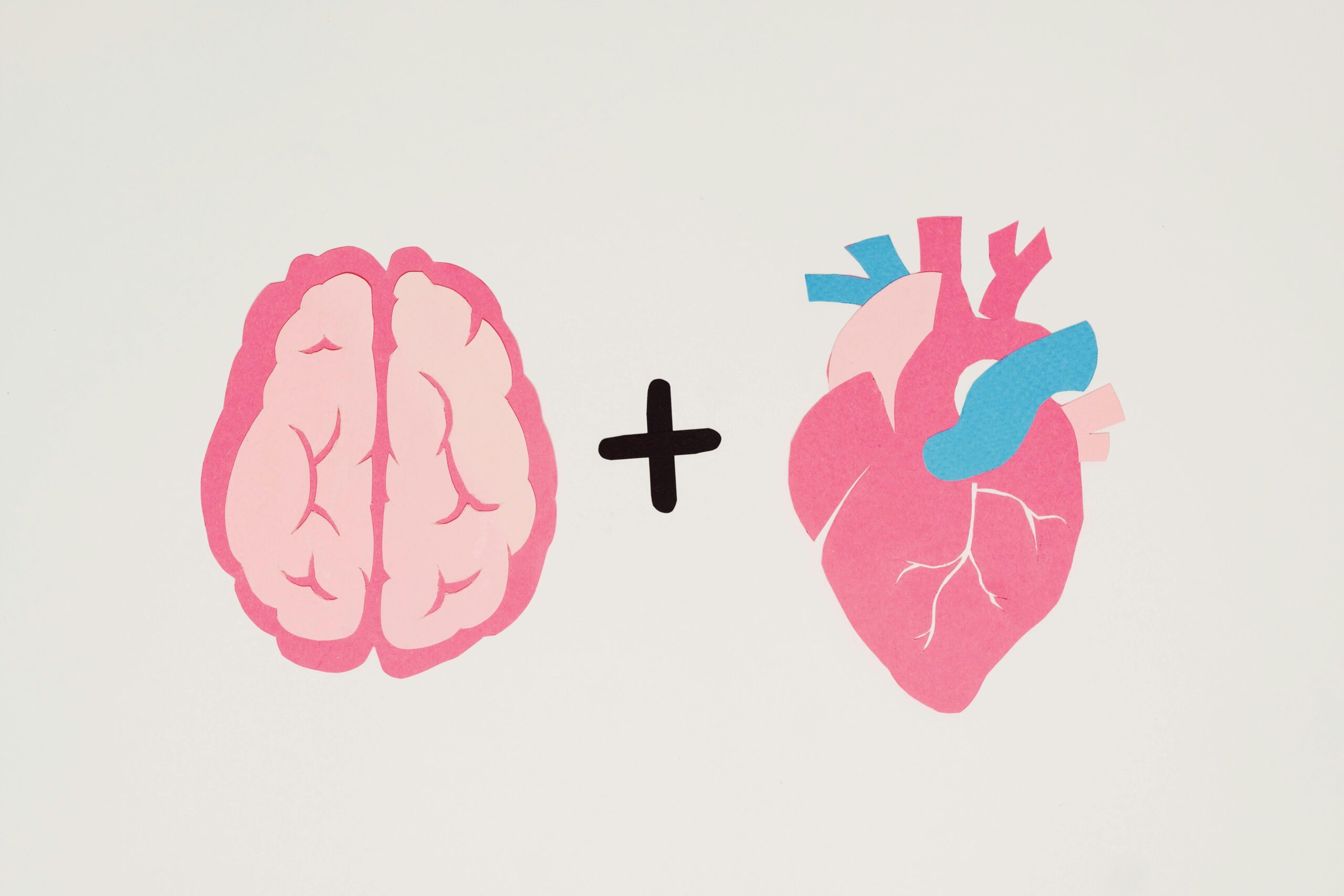
🌟 Your Gut as a Gateway to Emotional Wellness
The gut-brain connection transforms how we understand emotional well-being. Your microbiome isn’t just a passive passenger—it’s an active participant in your mental health, influencing neurotransmitter production, immune function, stress responses, and brain chemistry.
This knowledge empowers you with practical tools. Every meal represents an opportunity to nourish beneficial bacteria. Every stress management practice protects your microbiome. Every night of quality sleep supports the delicate balance that influences your mood.
While the microbiome isn’t the sole factor in mental health—genetics, life experiences, social connections, and other elements all matter—it represents a modifiable factor you can influence through daily choices. Supporting your gut health doesn’t replace professional mental health treatment when needed, but it provides a complementary approach grounded in emerging science.
The trillions of microbes in your gut are more than just digestive aids—they’re partners in your emotional journey. By nurturing this internal ecosystem through thoughtful food choices, stress management, adequate sleep, and regular movement, you’re investing in both your gut health and your mental well-being. The gut-brain connection reminds us that true health is holistic, interconnected, and surprisingly influenced by the invisible world within.
Toni Santos is a deep-biology researcher and conscious-evolution writer exploring how genes, microbes and synthetic life inform the future of awareness and adaptation. Through his investigations into bioinformatics, microbiome intelligence and engineered living systems, Toni examines how life itself becomes a field of awakening, design and possibility. Passionate about consciousness in biology and the evolution of living systems, Toni focuses on how life’s architecture invites insight, coherence and transformation. His work highlights the convergence of science, philosophy and emergent life — guiding readers toward a deeper encounter with their living world. Blending genetics, systems biology and evolutionary philosophy, Toni writes about the future of living systems — helping readers understand how life evolves through awareness, integration and design. His work is a tribute to: The intertwining of biology, consciousness and evolution The emergence of microbial intelligence within and around us The vision of life as designed, adaptive and self-aware Whether you are a scientist, thinker or evolving being, Toni Santos invites you to explore the biology of tomorrow — one gene, one microbe, one awakening at a time.
